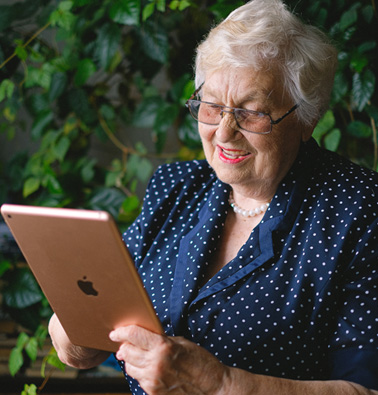COVID-19 spurs telehealth, secure access tech services
COVID-19 spurs telehealth, secure access tech services
By: Kimberly Marselas
A range of for-profit and nonprofit healthcare organizations are responding to elderly people’s increased risk of developing COVID-19 with new services and adapted products.
Following the Centers for Medicare & Medicaid Services’ move to ease some telehealth restrictions, several providers announced additional tech support or an expansion to service areas outside of their typical scope.
MediTelecare, for instance, is allowing its existing long-term care clients to tap non-behavioral health providers to help them “connect their residents with the outside medical providers they need without exposing their at-risk population.”
Remote monitoring and secure access technology providers also have positioned themselves as essential tools. Accushield has added coronavirus-specific questions to its electronic log book, while Blue Spark Health promoted its single-use, disposable temperature monitor as a way to track data for up to 72 hours of quarantine.
And insurance companies worked with government leaders to reassure providers that they would cover costs of treatment, often waiving co-pays associated with screening tests to increase compliance.
The elderly and patients with pre-existing conditions are expected to drive treatment and insurance costs as cases of COVID-19 explode. Credit rating service AM Best anticipates that U.S. health insurers will experience an increase in medical claims but also a drop in non-urgent procedures — likely including joint replacement — as would-be patients avoid medical settings.
“Exposure is expected to be greater for health insurers covering a large percentage of ‘at risk’ individuals — including those writing long-term care and support services contracts, Medicare and Medicaid, specifically special needs plans,” said Senior Director Sally Rosen.
Link to original article on McKnight’s





